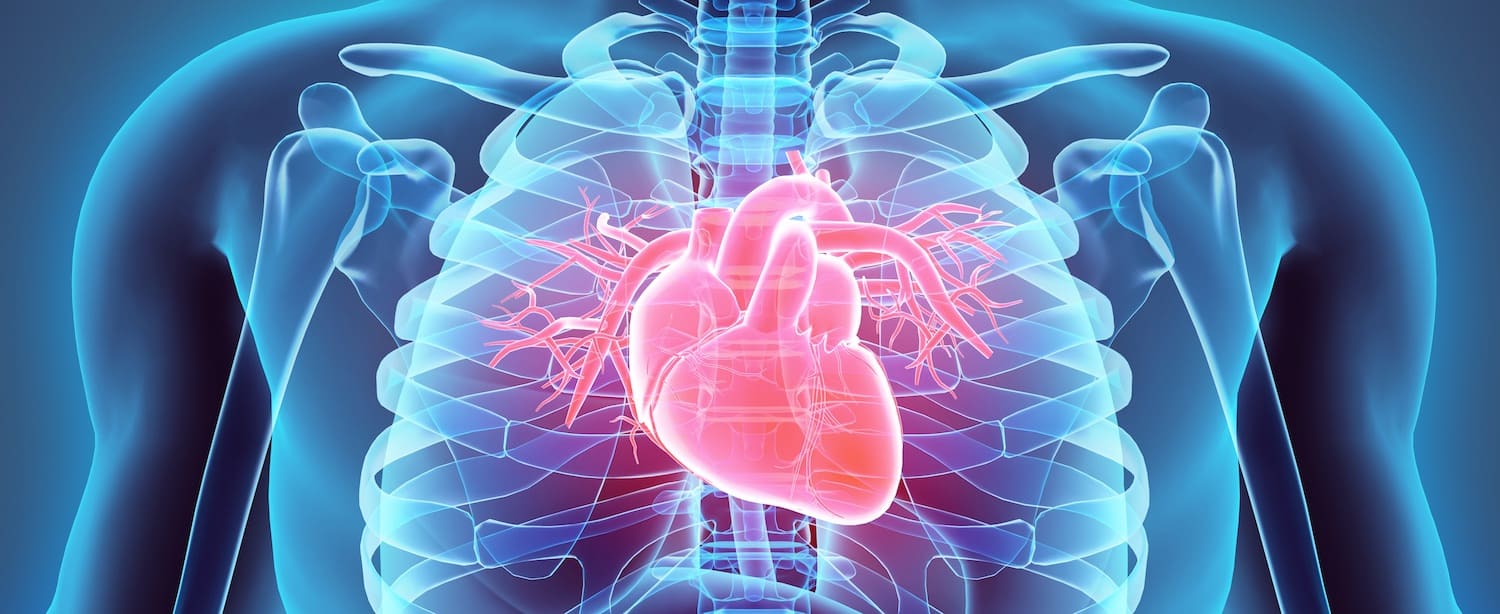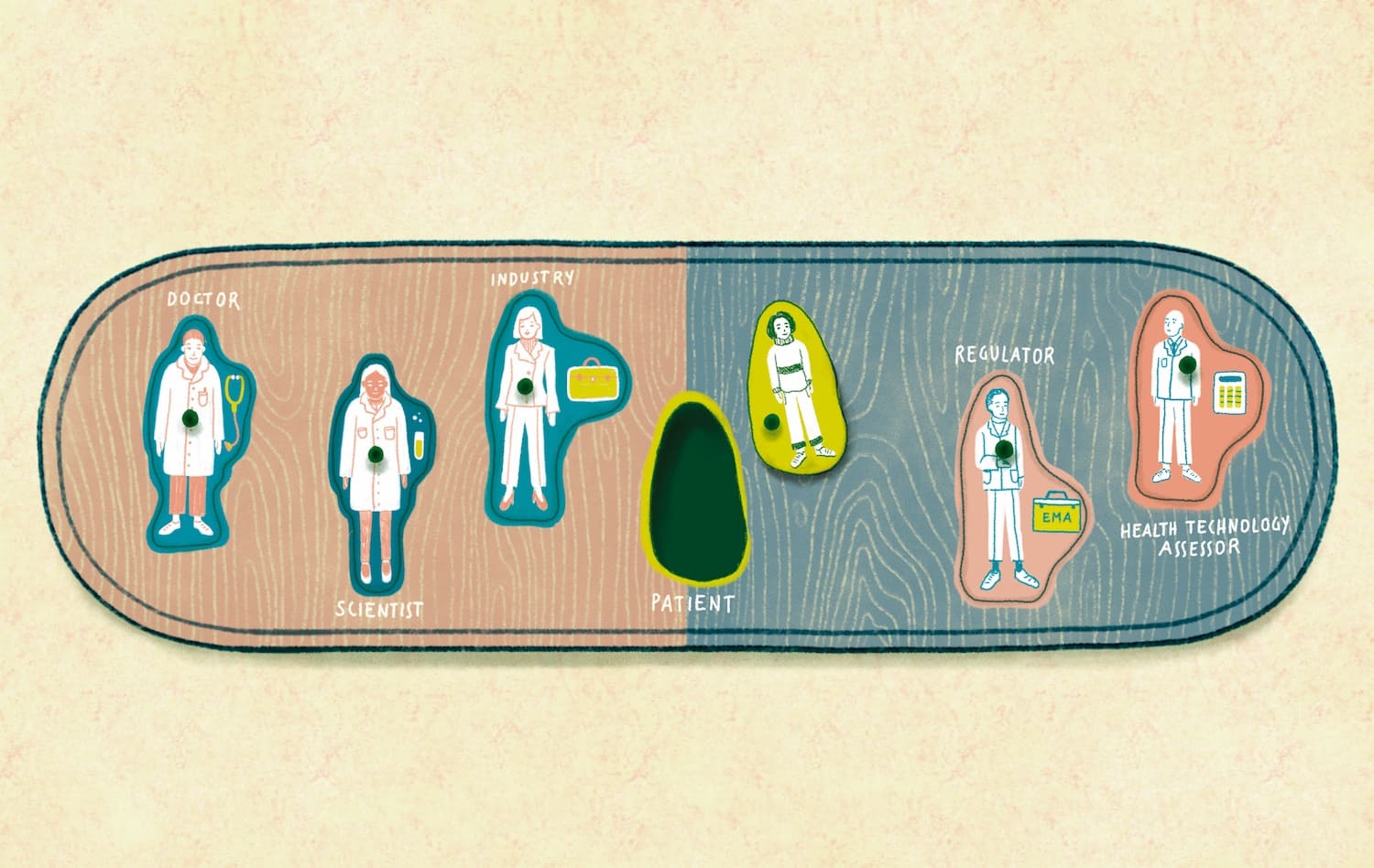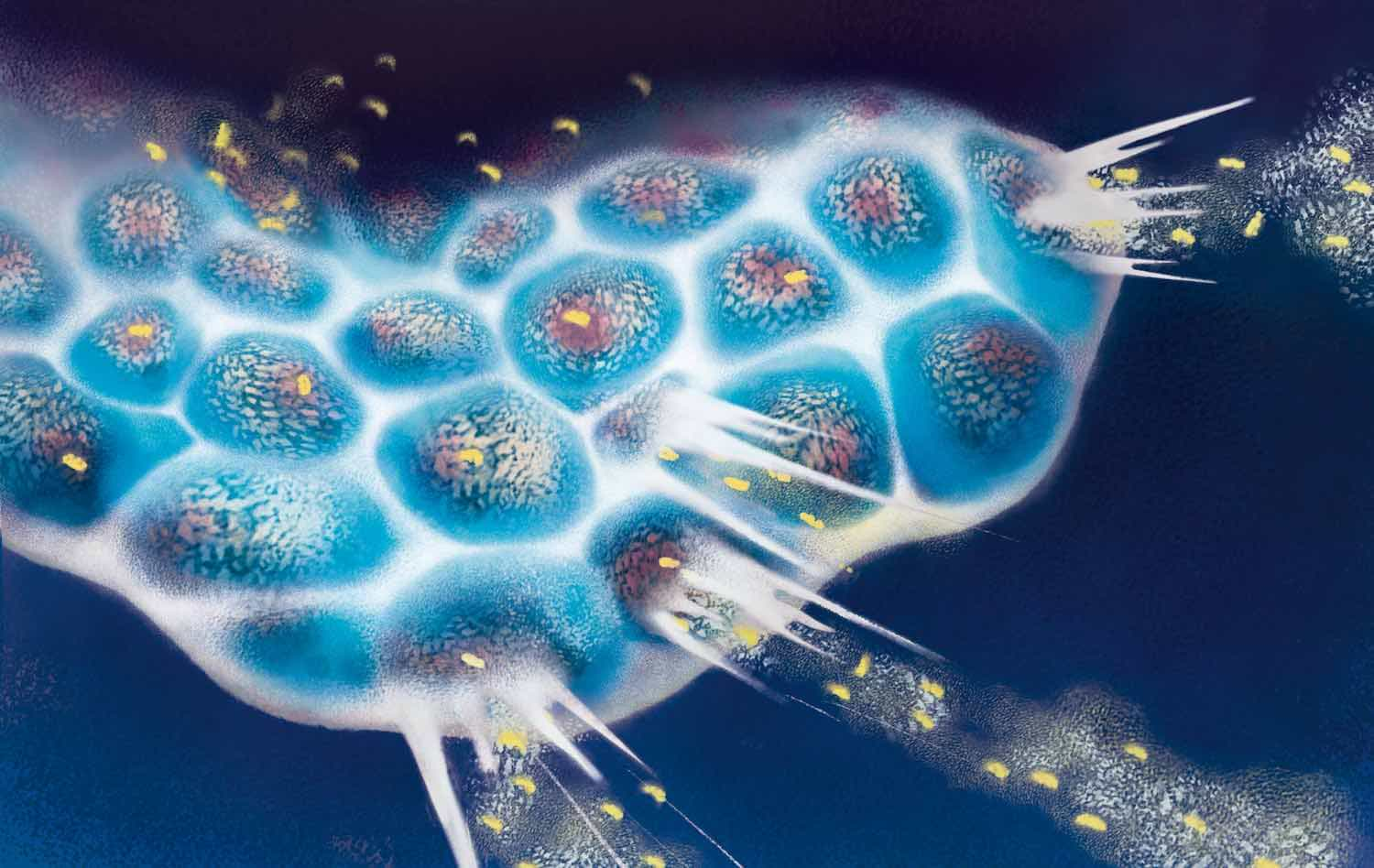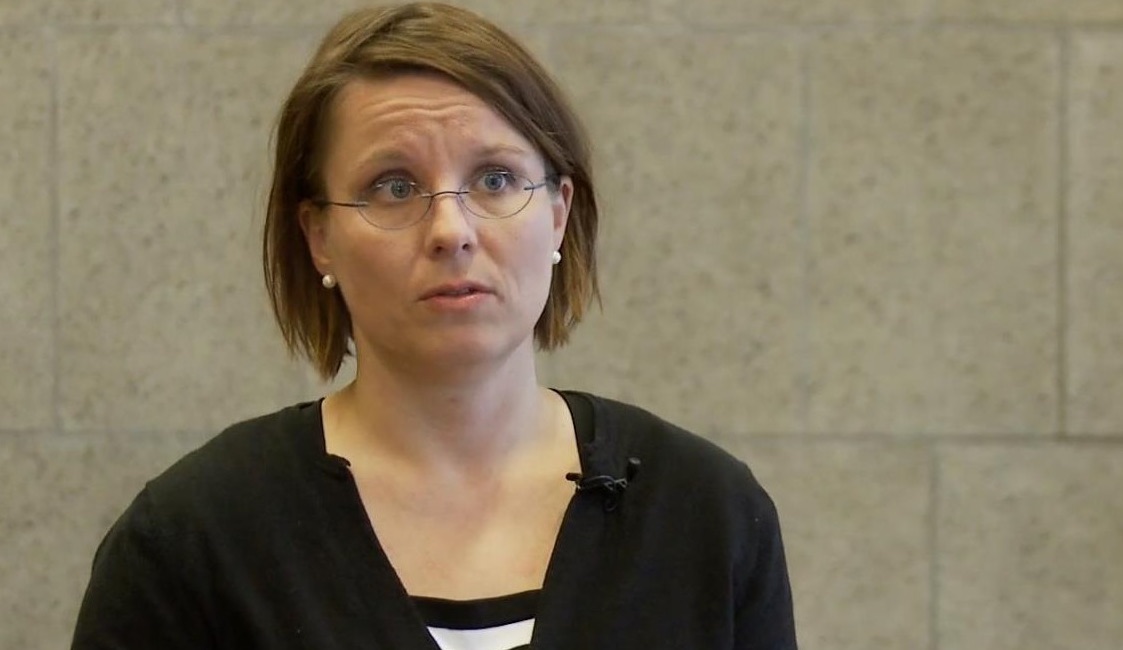Posts by year
2020
Cancer survivors at greater risk of subsequent primary cancers
Survivors of adult-onset cancers run a greater risk of developing and dying from subsequent primary cancers (SPCs) than the general population. The retrospective cohort study, reported in JAMA (December 22), found cancers associated with smoking or obesity comprised the majority…
Highlights of 2020 San Antonio Breast Cancer Symposium
In 2020, the San Antonio Breast Cancer Symposium (SABCS) co-organised in association with the American Association for Cancer Research (AACR) celebrated its 43rd year as the world’s premier annual breast oncology meeting. Like most conferences, due to the Covid-19 pandemic,…
Immunotherapy cardiotoxicity higher than previously estimated
Cancer patients receiving immunotherapy drugs have a much higher incidence of cardiac events than previous estimates from pharmacovigilance data, reports a nationwide Danish registry. The study, published in the European Heart Journal, found patients with lung cancer or malignant melanoma…
The sunshine hormone: the many wonders of vitamin D
Vitamin D has drawn much scientific interest and media coverage in recent years, and increasingly so in 2020, when a link was found between vitamin D deficiency and Covid-19. This is a very unusual vitamin, in that it behaves both…
EMA at 25: learning more from cancer patients
Responsibility for scientific evaluation, supervision and safety monitoring of medicines was done at the national level until 1995, when EU member states agreed to coordinate that work within the European Medicines Agency (EMA). A quarter of a century on, and…
Oncolytic viruses – a new wave of therapeutic possibilities
Going back to the nineteenth century there were reports that infectious diseases seemed to provide brief periods of remission for cancer patients. One case from 1896 reported that the enlarged spleen of a woman with “myelogenous leukemia” shrank to nearly…
NHS England’s pilot of cancer screening blood test raises questions
The UK National Health Service (NHS) announced on the 27 November that it would be piloting an early detection multi-cancer blood test next year. This represents an important advance because “every year, nearly 200,000 people in the UK die from…
Croatia’s cancer plan showcases the value of European cancer collaboration
Croatia has caught up with the rest of the EU in adopting a national cancer control plan. Sophie Fessl looks at how using EU guidance drawn from experiences of other member states helped them ensure it is relevant, patient-centred, and…
Building back cancer services after Covid-19: European Cancer Organisation plan
The European Cancer Organisation has proposed seven urgent recommendations to ‘build back cancer services better’ after the ongoing challenges resulting from the Covid-19 pandemic. ‘The Impact of COVID-19 on Cancer in Europe’, launched during the European Cancer Summit on the…
A 360° approach to a 360° problem: why a mission is the right approach to solving cancer
Medical researcher Bettina Ryll learned about the gap between how research is done and what patients need when her husband was diagnosed with metastatic melanoma in 2011. She set up Melanoma Patient Network Europe and opened up discussions on how…










